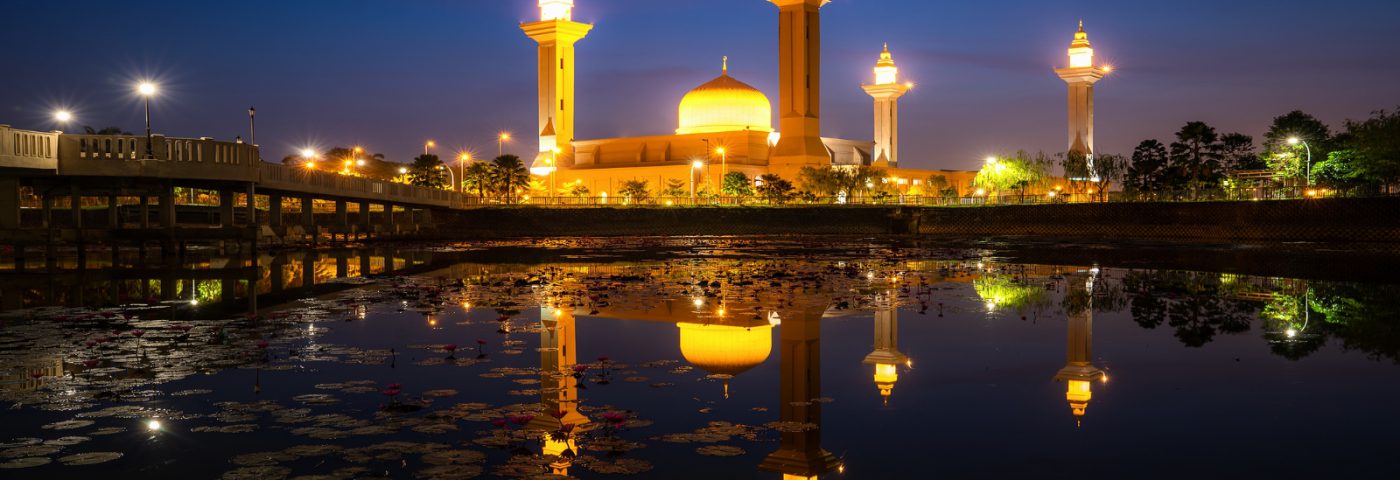We’ve shortlisted the information you need to know about Malaysia’s Halal infrastructure for cosmetics, using material sourced from the Halal cosmetics presentation at in-cosmetics Asia 2019.
If you didn’t know already, halal cosmetics offer a growing market in Asia. In 2016 alone, Malaysia’s total exports of cosmetics amounted to RM1.25 billion, an increase of 1.4% as compared to 2015. Major exports included cosmetics and make-up, valued at RM513 million.
The halal standard is associated with ethical consumerism, with Halal cosmetics making strides to become a de facto standard for safe, pure and effective products. The market opportunities are undeniable, but manufacturers first need to consider Malaysia’s halal infrastructure, which calls for manufacturers to be GMP certified before being eligible to apply for halal certification.
Certification also asks that knowledge workers are well versed in halal requirements in all aspects in manufacturing, from documentation, audit requirements and halal standards, to logistics and marketing.
There are a number of regulatory bodies that can verify certification, including:
- Membership in National Associations of Manufacturers or Entrepreneurs for HALAL issues
- Department of Islamic Development (AKIM) Halal Industry Development Corporation (HDC)
- National Pharmaceutical Regulatory Agency under the Ministry of Health REGULATORY
Check out our regulatory guidance on how to achieve Malaysia Halal Cosmetics Compliance.

